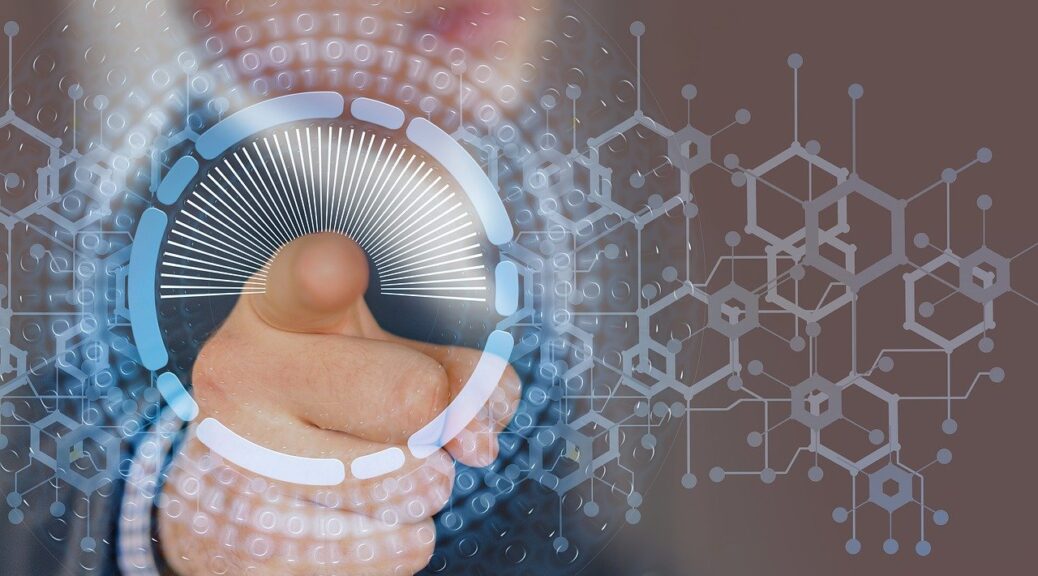A massive amount of crucial, and valuable information resides within the healthcare services industry today. How inherently valuable this data is, is evident by the more than 200 million patient records that have been exposed to medical data security breaches, with hackers sometimes taking down hospital management software networks for weeks at a time, and disrupting healthcare across nations.
The ongoing pandemic situation has resulted in an unprecedented 51% increase in attacks on healthcare and patient data. The sobering reality is that every healthcare services organization experiences close to 500 attacks per month, which only serves to highlight the extreme vulnerability that Hospital Management software systems are under. To ensure compliance and avoid the hefty fees associated with data breaches, the healthcare industry needs to have a concrete data security strategy, so as to ensure that their patients’ data is indeed secure.
Patient Data Breaches and Cybersecurity
Patient data includes critical information such as patients’ names, date of birth, national ID, medical institutions’ names, medical history, physicians’ names, and other classified information. This makes medical records a favorite target for cyber criminals. Unless drastically different systems are put to use, medical data security will continue to be a major concern, open to newer cyberthreats.
Many healthcare services are now resorting to Health Information Exchanges (HIEs), which are secure-access electronic versions of patient data, set up so that patients and hospital staff can access data securely and in a way that minimizes risk of cyberattack. However, HIE is largely conceptual in nature; making this into a reality is proving to be challenging for the healthcare industry, riddled as it is with incompatible systems, inefficient IT structures and lack of clarity in its data security policies.
Using AI to Combat Cybersecurity Threats
Leveraging on the success of Artificial Intelligence (AI) in other fields, healthcare is now turning to this technology in order to preserve medical data security. AI has the capability to distinguish between regular network activity versus that of a hacker, thereby giving it the edge over manual monitoring. Furthermore, AI’s predictive analysis give it the massive capability to predict data threats and prevent them even before they become a reality. For example, AI’s detection power can enable it to track the key linguistic patterns that hackers use, to post threats on the dark web, which can then be used to alert management.
By taking advantage of AI’s terabyte-crunching capability, hospital management software can be empowered to sift through data much more efficiently and prove effective as a combatant to data security threats.
The Potential of Blockchain in Ensuring Data Security
Blockchain, typically associated with bitcoin and cryptocurrency, is now being aggressively explored as a potential resource in the battle against cyberattacks on patient data. Already, applications of the efficiency of blockchain are envisaged in the areas of: data protection, EMR handling, prevention of counterfeit drug supply chains, and the like. Blockchain can be used to implement the concept of HIE, a single, constantly updated system for storing data, from which only authorized personnel can access that data.
While blockchain remains relatively new, the promise it offers in terms of reliability and highly robust, secure data systems makes it one of the technologies in the reckoning, to be used actively in the near future for data security systems.
Conclusion
Cybersecurity in the healthcare industry is not merely combative; even before data threats can be recognized and counter-attacked, it is the responsibility of policymakers, administration and healthcare leaders to create awareness about the correct handling of patient data, and to build compliance in place so that digital systems are made secure. Only by all these systems working in cohesion can the industry hope to actively combat the threat of medical data and offer serious medical data security.



